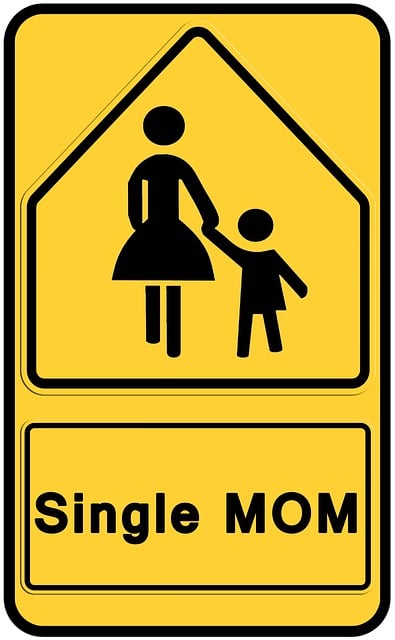Gambling addiction, starting from seemingly harmless activities, escalates to severe personal and social issues including financial hardship and relationship problems. Mitigating risks involves promoting responsible gambling practices like setting clear limits, understanding financial capabilities, knowing when to stop, and seeking help promptly. Key steps include educating individuals about potential hazards, utilizing tools for self-control, providing easy access to support services, and empowering players through features offered by casinos and gaming platforms. Recovery is facilitated by professional therapy using cognitive-behavioural therapy (CBT), support groups, and education campaigns on responsible gambling to prevent further addiction.
Gambling addiction, or compulsive gambling, is a growing concern in today’s society. It’s more than just a harmless pastime; it can lead to severe financial and personal problems. Understanding the signs and risks associated with this addiction is crucial. This article explores the various facets of gambling addiction, from recognizing the warning signals to promoting responsible gambling practices. We also emphasize the importance of seeking help for those struggling, offering guidance on available support systems and resources for a healthier relationship with gaming.
- Understanding Gambling Addiction: Signs and Risks
- Promoting Responsible Gambling Practices
- Seeking Help and Support for Gambling Addiction
Understanding Gambling Addiction: Signs and Risks

Gambling addiction, also known as problem gambling, is a complex issue that can have severe consequences for individuals and their loved ones. Understanding the signs and risks associated with this behavior is crucial in promoting responsible gambling practices. Problem gambling is characterized by an uncontrollable urge to keep playing, despite negative outcomes and personal struggles. Those affected often find themselves spending increasing amounts of time and money on gambling activities, leading to financial hardships, relationship problems, and even legal issues.
The risks of gambling addiction are multifaceted. It can start with seemingly harmless leisure activities, such as betting on sports events or playing casino games. However, over time, these habits can escalate, especially when individuals pursue gambling as a means of escape from stress, anxiety, or emotional pain. It’s important to recognize that responsible gambling involves setting limits and adhering to them. This includes understanding one’s financial capabilities, knowing when to stop, and seeking help promptly if any concerns arise regarding gambling behavior.
Promoting Responsible Gambling Practices

Promoting responsible gambling practices is an essential step in mitigating the risks associated with addiction. It involves educating individuals about the potential hazards and teaching them to gamble within their means, setting clear limits, and sticking to them. Many casinos and gaming platforms now offer tools and resources to support this, such as deposit limits, session reminders, and self-exclusion options. These features empower players to take control of their behavior, ensuring that gambling remains an enjoyable pastime rather than a source of financial or emotional harm.
Responsible gambling also encompasses providing easy access to support services for those who may be struggling. This includes counseling and therapy options, as well as hotlines and online forums where individuals can connect with peers and professionals. By fostering an environment that prioritizes awareness, education, and support, the gaming industry can encourage healthier relationships with gambling while minimizing the risks of addiction and its subsequent consequences.
Seeking Help and Support for Gambling Addiction

Gambling addiction, like any other compulsive behaviour, can be challenging to overcome alone. Seeking help is a crucial step towards recovery and embracing responsible gambling practices. Many individuals struggling with gambling addiction find support through specialised therapy and counselling services designed to address these issues. These treatments often involve cognitive-behavioural therapy (CBT), which helps individuals identify and change negative thought patterns and behaviours associated with gambling.
Support groups, both online and offline, also play a significant role in fostering recovery. Sharing experiences and connecting with others who have similar challenges can provide comfort, encouragement, and practical strategies for managing addiction. Additionally, promoting responsible gambling through education and awareness campaigns equips individuals with the knowledge to make informed decisions, potentially preventing addiction from developing further.
Gambling addiction, or compulsive gambling, is a serious issue that requires understanding and proactive measures. By recognizing the signs and risks associated with this addiction, individuals can promote responsible gambling practices and protect themselves from potential harm. If you or someone you know is struggling with gambling addiction, seeking help and support is crucial. There are various resources available to provide guidance and facilitate recovery, ensuring a brighter and healthier future. Embracing responsible gambling practices is a collective effort that can create a safer and more balanced gaming environment for all.






